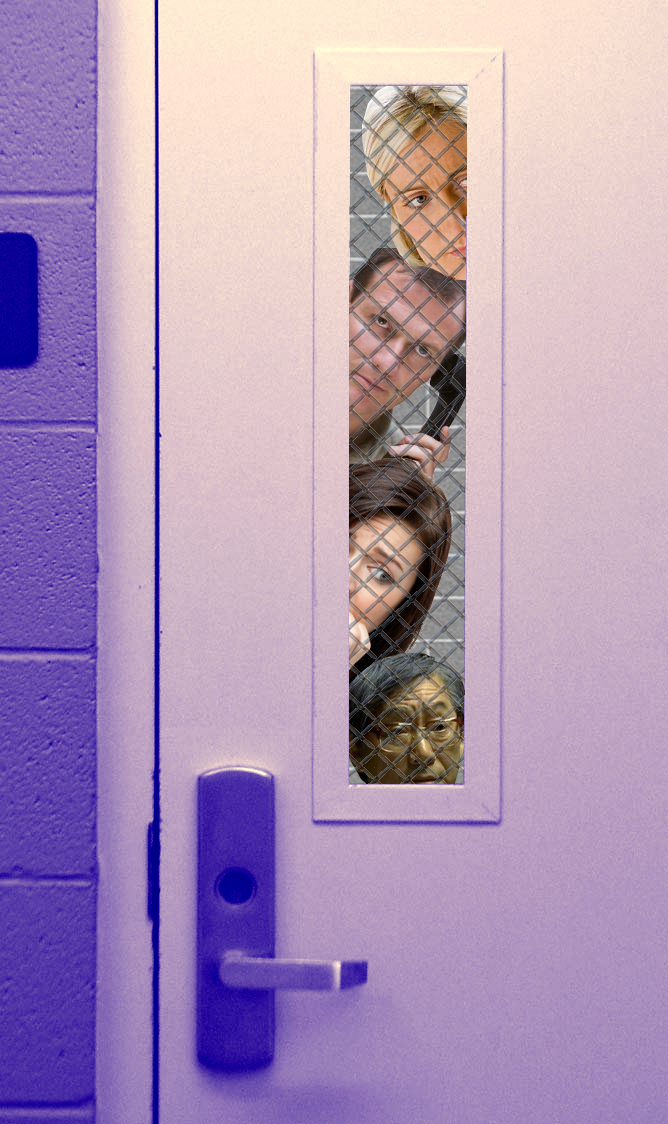Helicopter parents told to buzz off for kids' sake
 A new study adds to the growing pile of evidence that ‘helicopter parenting’ is not useful.
A new study adds to the growing pile of evidence that ‘helicopter parenting’ is not useful.
New research has been undertaken to follow-up on 2012 research that found the children of ‘helicopter parents’ are less engaged in school.
The new study shows that parental warmth cannot neutralise the consequences of ‘helicopter parenting’, and a lack of warmth makes the negative effects worse.
“From our past work, we thought there might be something positive about helicopter parenting under certain conditions, but we're just not finding it,” says study author Larry Nelson from Brigham Young University.
Researchers defined ‘helicopter parenting’ as parents' over-involvement in the lives of their children.
The definition included parents making important decisions for their children, solving their problems and intervening in their children's conflicts. Warmth was measured by parental availability to talk and spend time together.
The researchers gathered data from 438 undergraduate students in four universities, who self-reported on their parents' controlling behaviour and warmth, then on their own self-esteem, risk behaviours and academics.
The results showed that the lack of warmth intensifies both the decrease in self-worth and increase in risky behaviours in the young-adult children of ‘helicopter parents’.
High levels of parental warmth reduced the negative effects, but did not eliminate them completely.
The findings suggest that loving parents cannot justify their helicoptering tendencies; too much control is too much, no matter the parents' affection and support.
“Overall, stepping in and doing for a child what the child developmentally should be doing for him or herself, is negative,” Nelson said.
“Regardless of the form of control, it's harmful at this time period.”
The authors note that ‘helicopter parenting’ is relatively uncommon and not as damaging as forms of control that are harsh, punitive or manipulative.
Nelson warned that ‘helicopter parents’ should not overcompensate by removing themselves completely from their children's lives.
He says young adults deserve more autonomy, but still need parental support.
“Lack of control does not mean lack of involvement, warmth and support,” Nelson said.







 Print
Print